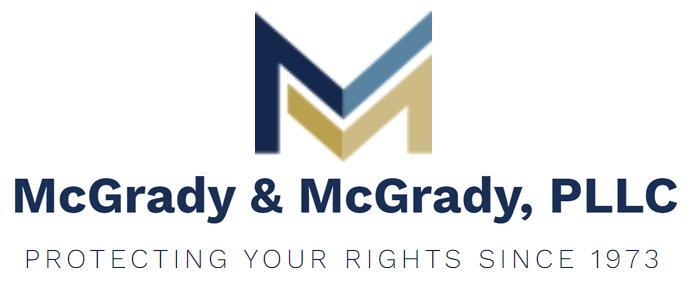After slipping and falling on another’s property, you filed a claim with the at-fault party’s insurance. You got an offer for compensation, but should you accept it?
Nasdaq explores when to consider rejecting an insurance company’s settlement. Learn when you could benefit from fighting for what you deserve.
Limiting potential future claims
Looking over the offer, you may notice a clause that states if you accept the check, you release the company from future liability. That means that if you learn you sustained additional injuries your doctor did not diagnose, you cannot go after the insurance company for additional payment after accepting the check.
Mounting medical bills and missed work could make you eager to accept the first settlement. In your haste, you cannot afford to neglect to read over settlement clauses and restrictions.
Insufficient settlement amount
After you filed a claim, an adjuster likely evaluated your medical bills and injuries to determine a settlement amount. Remember that the number represents the initial offer. That means you have room to negotiate. Insurance companies count on injured parties accepting the first offer without negotiating.
Speak with your doctor about your diagnosis, treatment and recovery. Together, decide whether the initial settlement offer accounts for all your medical costs. Include lost wages, loss of earning capacity and other non-economic damages. It may take time before you realize the physical and psychological extent of your personal injury. Accept a settlement too quickly and you may realize the initial offer does not come close to the amount you deserve.
Remember that insurance companies are not on your side. Rather than accept their first offer, understand your right to fair compensation.







